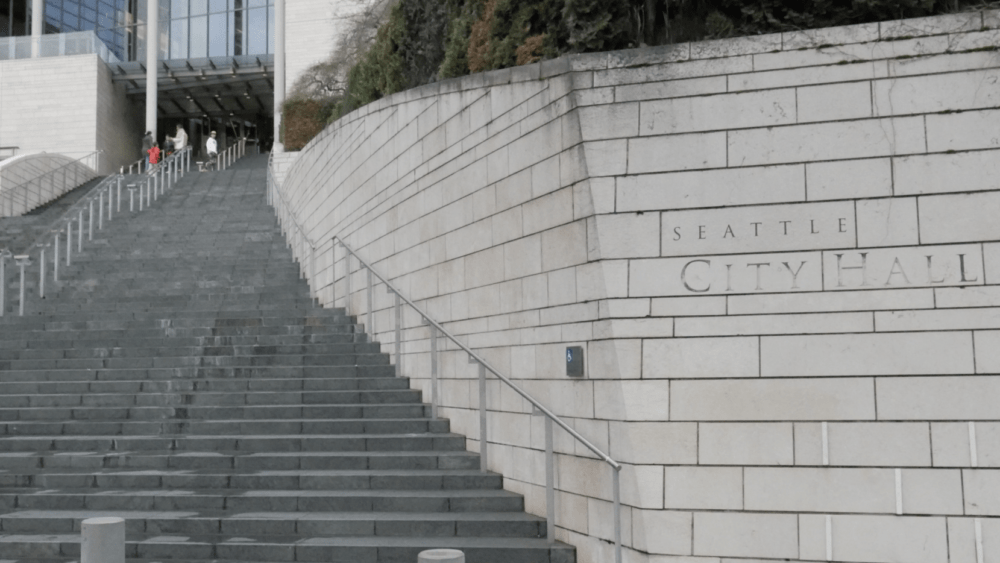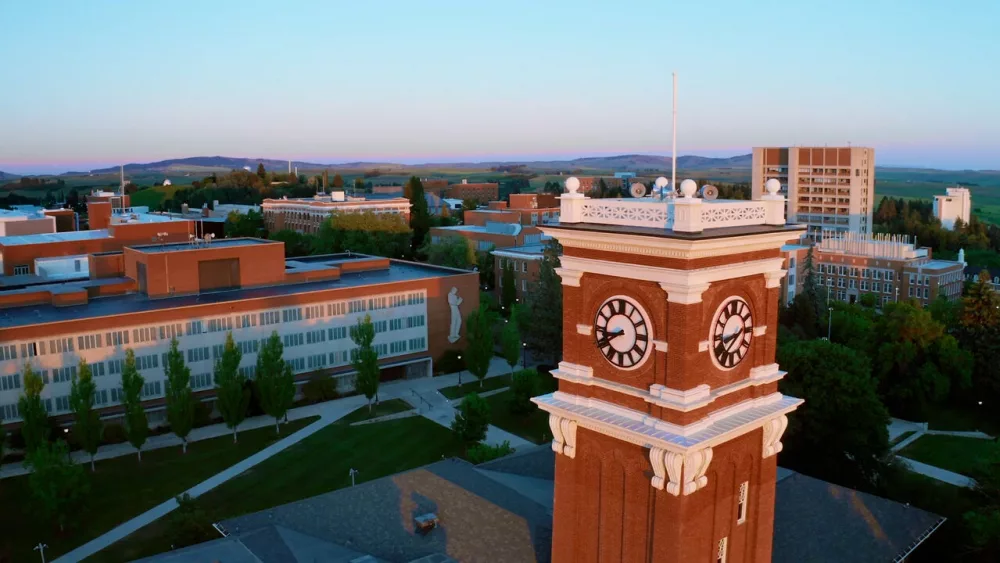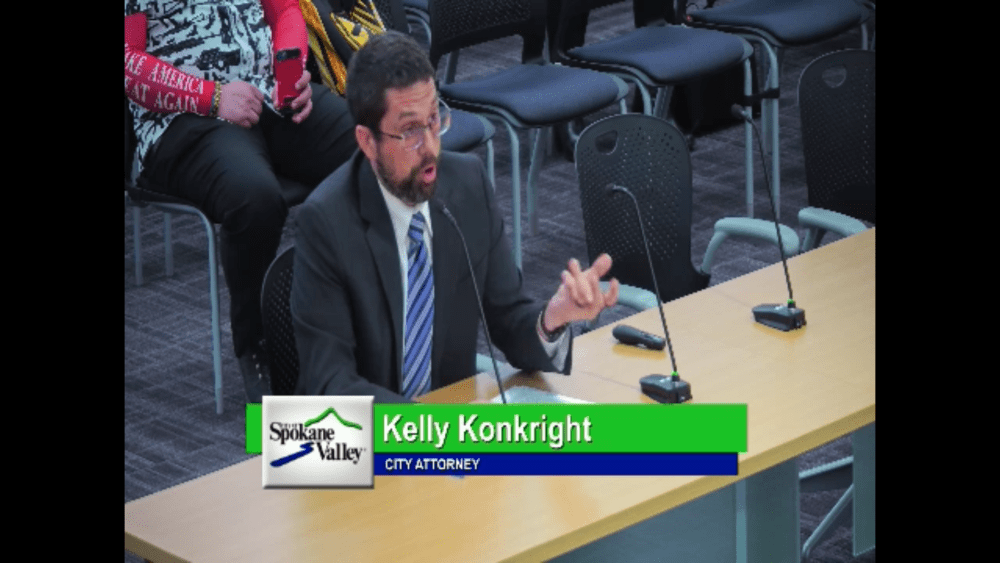(The Center Square) – A judge has approved a five-year pause in litigation against the federal government over dam operations in the Lower Snake River of Washington state that will allow a salmon-and-steelhead restoration plan brokered by the Biden administration to continue.
“The orderly course of justice is best served by staying this litigation,” U.S. District Court Judge Michael Simon of Oregon wrote in an order issued Thursday. “The issues in this case are complex and have been litigated for decades. The Moving Parties have reached a consensus to attempt to resolve these issues, perhaps permanently, without the need of further litigation.”
Simon’s order provides a five-year stay through Dec. 13, 2028, with the possibility of another five-year extension. The federal government and other parties requesting the pause will be required to provide annual updates on their progress, he said.
“We have agreed to pause our litigation for five and up to 10 years to work in partnership to restore the Columbia Basin,” Earthjustice senior attorney Amanda Goodin said in a news release. “With salmon on the brink of extinction, this new approach is desperately needed. We’re grateful to the Biden Administration for helping us chart this new path forward.”
Earthjustice represents plaintiffs that include environmental and sport fishing interests, Indian tribes, and the State of Oregon. In a lawsuit dating back to May 2001, they allege federal agencies have not done enough to restore endangered fish species in the Columbia Basin river system and that the four dams impede recovery efforts.
Listed as defendants are the National Marine Fisheries Service, U.S. Army Corps of Engineers, U.S. Bureau of Reclamation, and U.S. Fish and Wildlife Service. Other defendants intervening in the lawsuit include the states of Idaho and Montana, the Columbia-Snake River Irrigators Association, Inland Ports and Navigation Group, the Confederated Salish and Kootenai Tribes, the Kootenai Tribe of Idaho, Northwest RiverPartners, and the Public Power Council.
Simon noted the court is not evaluating the legality or advisability of commitments by the federal government and its memorandum of understanding reached in mid-December with four Indian tribes and the states of Washington and Oregon for implementation of the Biden Administration’s Columbia Basin Restorative Initiative. But with his order, the judge indicated he’s willing to see how the CBRI plays out, at least initially.
That initiative, negotiated over the past two years by the White House Council on Environmental Quality, calls for restoration of fish populations and support of tribal-sponsored renewable energy production over the next decade at a cost estimated by some at $1 billion.
Critics believe the pact provides a roadmap for breaching the four federal hydroelectric dams. Doing so, they say, would jeopardize production of clean, renewable energy for thousands of residents and businesses in the region along with threatening farm irrigation, recreation, and barge transportation of commodities to ports along the Snake and Columbia River between Idaho and the Pacific Ocean.
The judge acknowledged the opposition to his order: by the Inland Ports over worries that federal agencies will impose water spill operations that impair barge navigation; by the states of Idaho and Montana arguing they should be allowed to litigate their counterclaims; and by the Public Power Council and Northwest RiverPartners claiming the Biden Administration commitments violate various laws and will drive up energy costs.
But those arguments “are irrelevant to the motion to stay,” wrote Simon, adding, “… given the extraordinary public importance of this case, the incredibly complex issues, and the fact that litigation has thus far failed to resolve the issues for decades, the Court finds that five years is not immoderate … (and) does not cause undue damage or prejudice to any party.”
Last week, the Portland, Ore.-based PPC announced it had filed a petition for review by the 9th Circuit Court of Appeals over the Bonneville Power Administration’s role in the federal government’s memorandum of understanding and its potential impact on ratepayers.
U.S. Representatives Cathy McMorris Rodgers and Dan Newhouse, whose eastern Washington districts include the Snake River dams, are among a group of Northwest Republican congressional members critical of the federal mediation process. Last month, the GOP lawmakers introduced the DAMN Act, which seeks to bar any federal funding to alter or breach dam operations and to prohibit implementation of the restoration initiative.
“The Biden administration has crossed the line with its blatant, hypocritical assault on the Lower Snake River Dams,” Newhouse said in a press release at the time.





